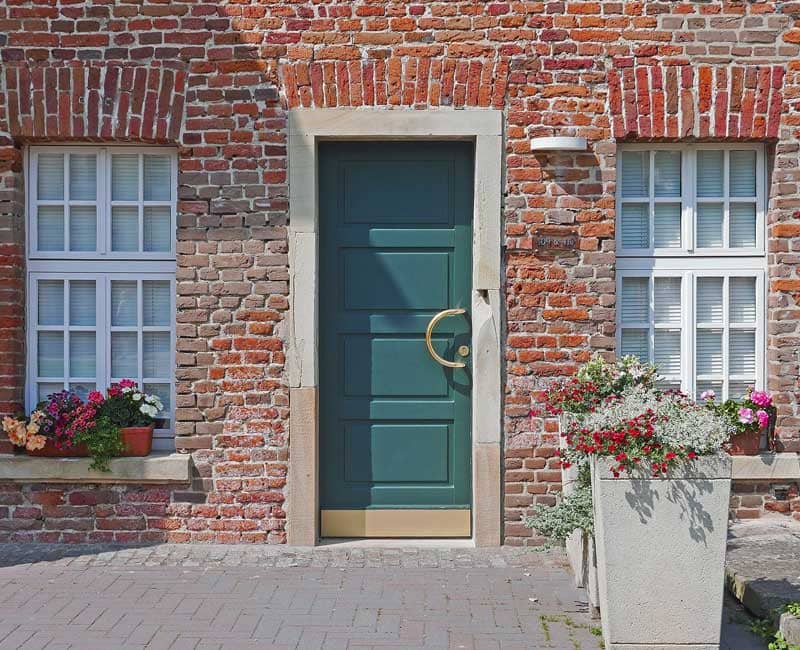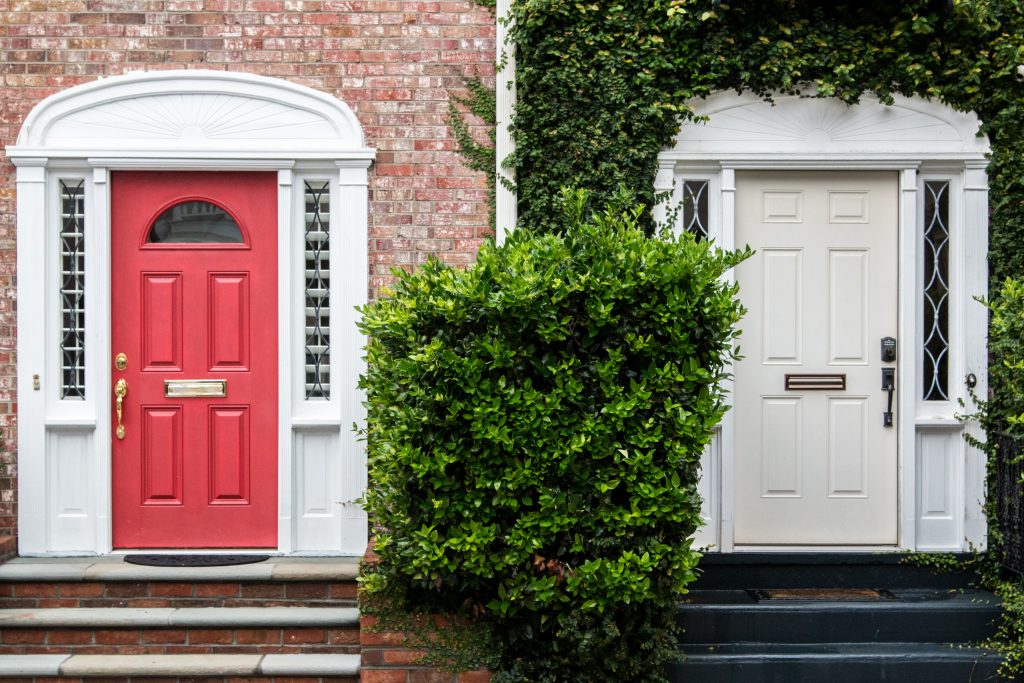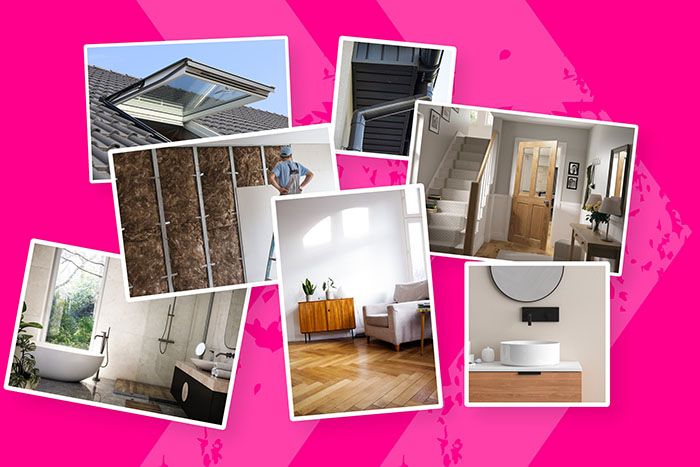Composite doors are a common choice for front doors, becoming increasingly popular in homes and buildings, but what are they?
Composite doors are made from a range of different materials. These materials are combined to form a strong and durable door that aims to remove flaws that other doors made of single materials can have.
Table of contents
What are composite doors made from?
Composite doors are made from materials such as PVC, wood, insulating foam and Glass Reinforced Plastic. The outer frame is most commonly made from PVCu and often has galvanised steel for reinforcement, with a hardwood inner frame to add stability and rigidity. In some composite doors, insulating foam is then injected into the door to provide insulation and prevent heat loss, but other composite doors have a timber core. The surface is made from GRP to make sure it does not warp, crack or twist.
Benefits of composite doors
Weather-resistant
Many traditional doors are affected by temperature changes between seasons. They can often warp or bend when temperatures change, which not only affects their physical appearance, but can cause weaknesses and make it difficult to open and close the door. Composite doors are not affected by temperature fluctuations because of their GRP skin, ensuring it does not warp or stick.
Maintenance-free
Traditional doors require treatments such as stains, paint and varnish to protect them from the weather and the environment. These treatments need to be reapplied relatively regularly. With composite doors, the GRP skin ensures it is completely weather-resistant and does not need to be coated with treatments to prevent rot, peeling or flaking – making it almost maintenance-free.
Energy efficient
With a growing focus on energy conservation and efficiency, composite doors have been designed to retain heat and reduce heat loss. Composite doors have been proven to be approximately 10 times more energy-efficient than wooden doors. Not only due to their insulated foam core but also due to their structure as a whole. Composite doors are more rigid and retain their structure better than more traditional doors, therefore reducing the opportunities for heat to escape from around the edges. This retains the heat inside your home much more efficiently, reducing energy costs in heating your home, and the thicker, insulated door also reduces noise levels from outside your home.
Secure
Composite doors typically come with multi-point locking systems as standard. This ensures your home is more secure than a traditional timber door with a simple locking system. Added to this, the frame tends to be reinforced with galvanised steel, and the GRP skin can withstand a larger force than other doors. This, combined with the fact that composite doors are thicker than most other doors, makes composite doors a great choice for security.
Choice of styles
Another benefit of composite doors is that they come in a wide range of styles and designs to suit your home, with options to choose traditional-looking doors that have a realistic woodgrain effect, or a completely new and contemporary door style.
If you have any questions about the best door for your home, give us a call on 01752 422 501 or use our live chat in the bottom right of the page.







